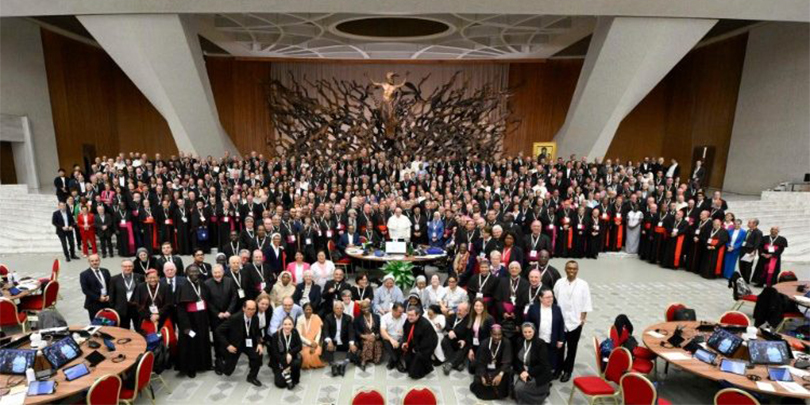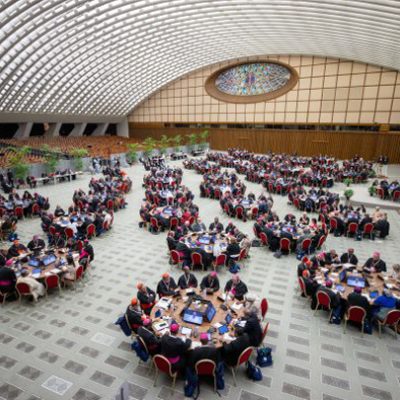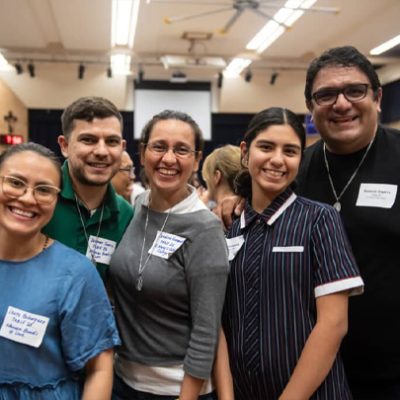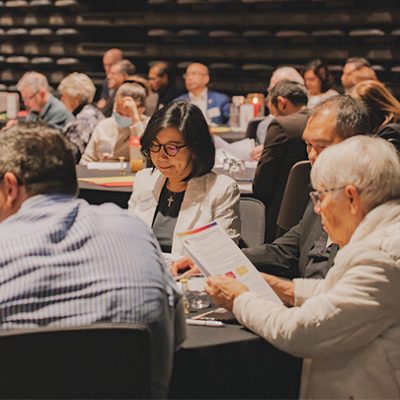
Pope Francis yesterday published a note calling on local churches to accept and implement proposals from the final document of the Synod of Bishops on synodality. Source: CNS.
The document “participates in the ordinary magisterium of the successor of Peter, and as such, I ask that it be accepted,” the Pope wrote in the note.
“Local churches and groupings of churches are now called upon to implement, in different contexts, the authoritative indications contained in the document, through the processes of discernment and decision-making provided by law and by the document itself,” he wrote nearly a month after the Synod’s close.
The final document outlined key priorities for the Church, including increased participation of laity through new ministries and adjusted governing structures, greater transparency and accountability among Church leadership and creating space for previously marginalised groups.
After Synod members voted to approve the final document, Pope Francis announced that he would not write the customary apostolic exhortation after the Synod but would instead offer the document to the entire Church for implementation.
With the exceptions of the first Synods convoked by St Paul VI in 1967 and 1971, all ordinary assemblies of the Synod of Bishops have been followed by an exhortation on the Synod’s themes and discussions by the Pope.
In his note, Pope Francis clarified that while the document is “not strictly normative” and must be adapted to contexts where it is applied, it still obligates “local churches to make choices consistent with what was indicated” in the document.
He also underscored the need for time to address broader Churchwide issues, such as those assigned to the 10 study groups he set up in the spring to explore issues raised during the Synod, including women’s ministry, seminary education, relationships between bishops and religious communities, and the role of nuncios.
More groups may be created, the Pope said.
The conclusion of the general assembly of the Synod of Bishops “does not end the synodal process,” he wrote.
Meanwhile, he said, the General Secretariat of the Synod and the various dicasteries of the Roman Curia will be tasked with overseeing the synodal journey’s “implementation phase.”
FULL STORY
Final Synod document is magisterial and must be accepted, Pope says (By Justin McLellan, CNS)






